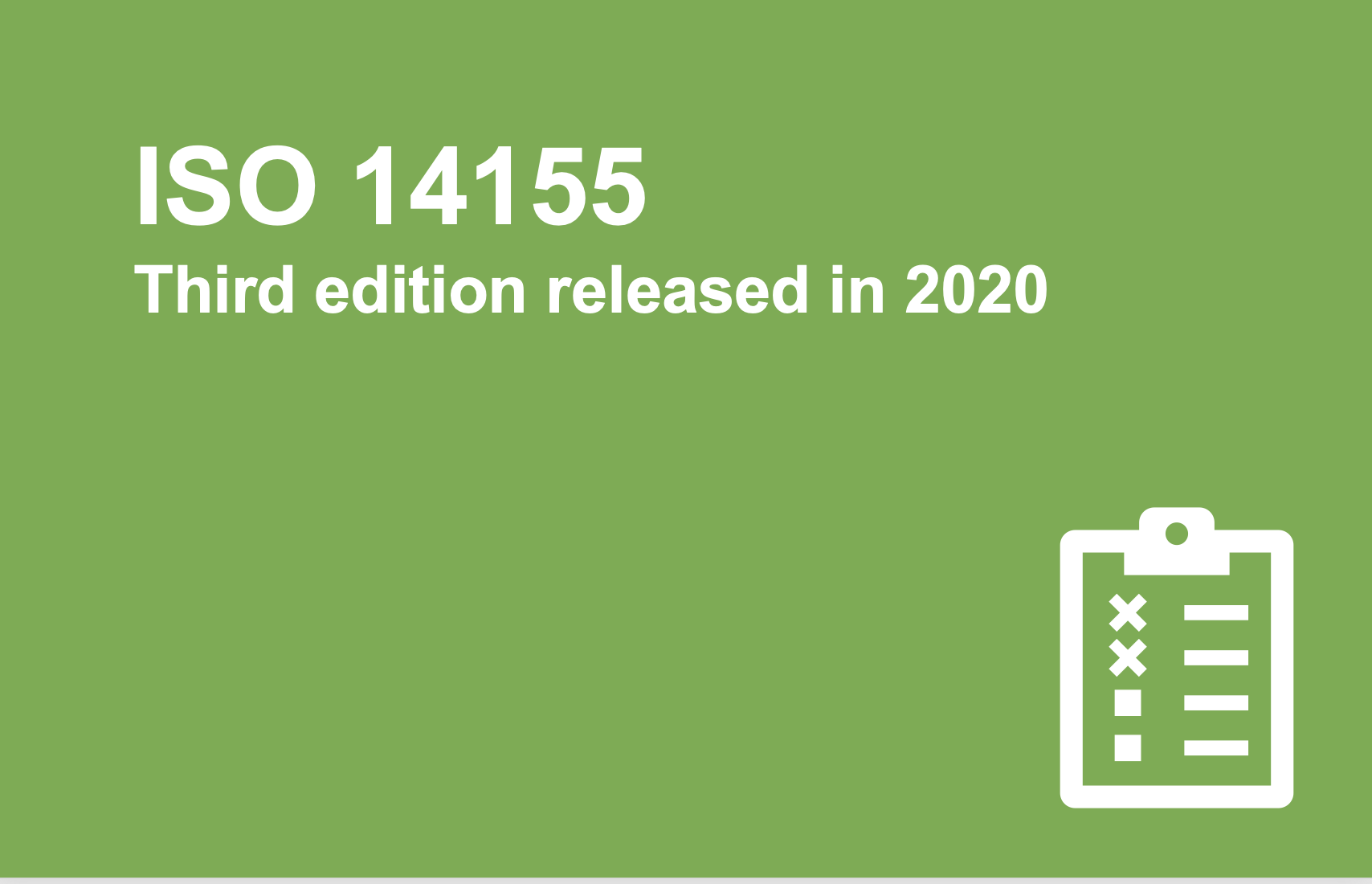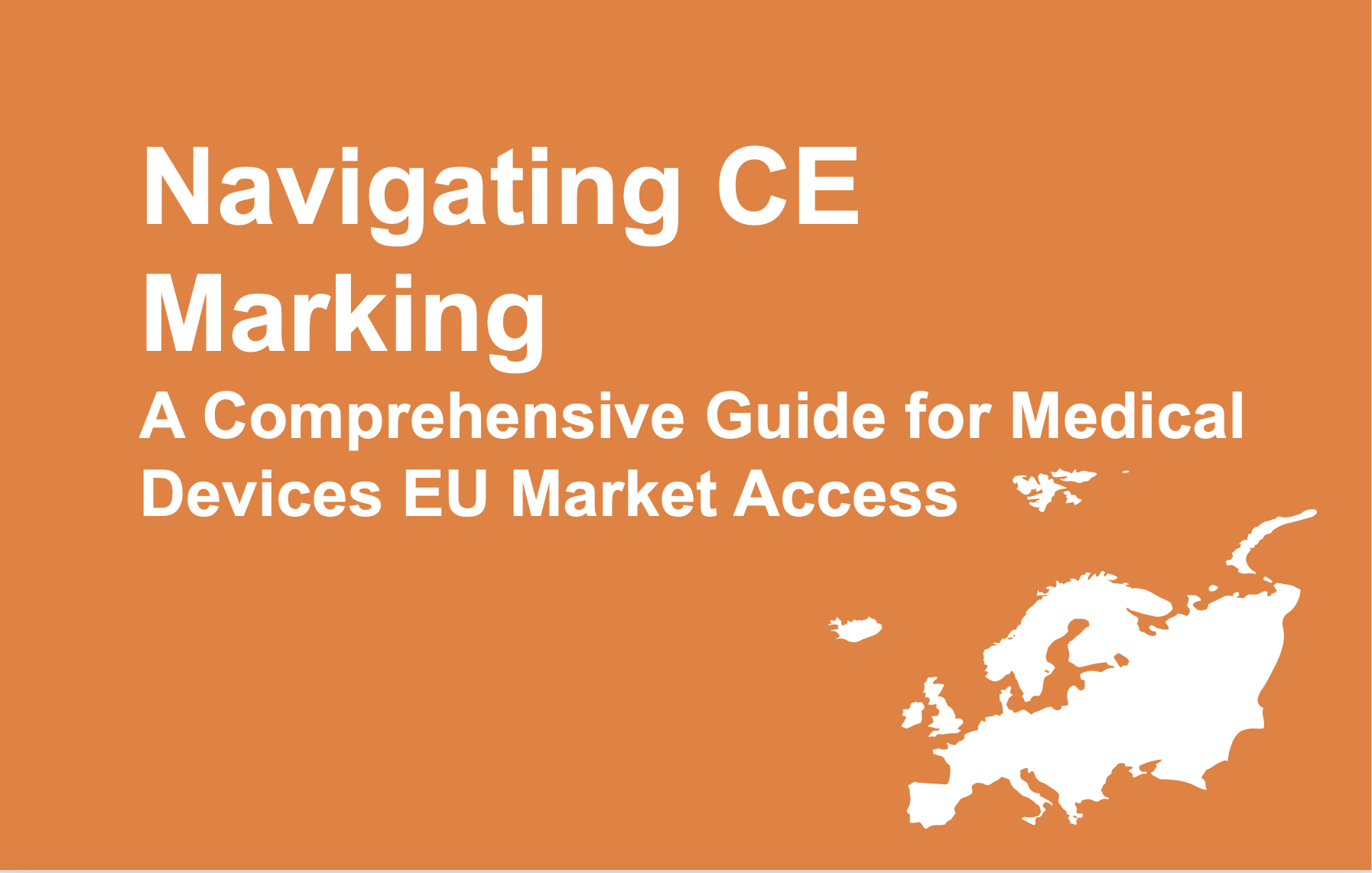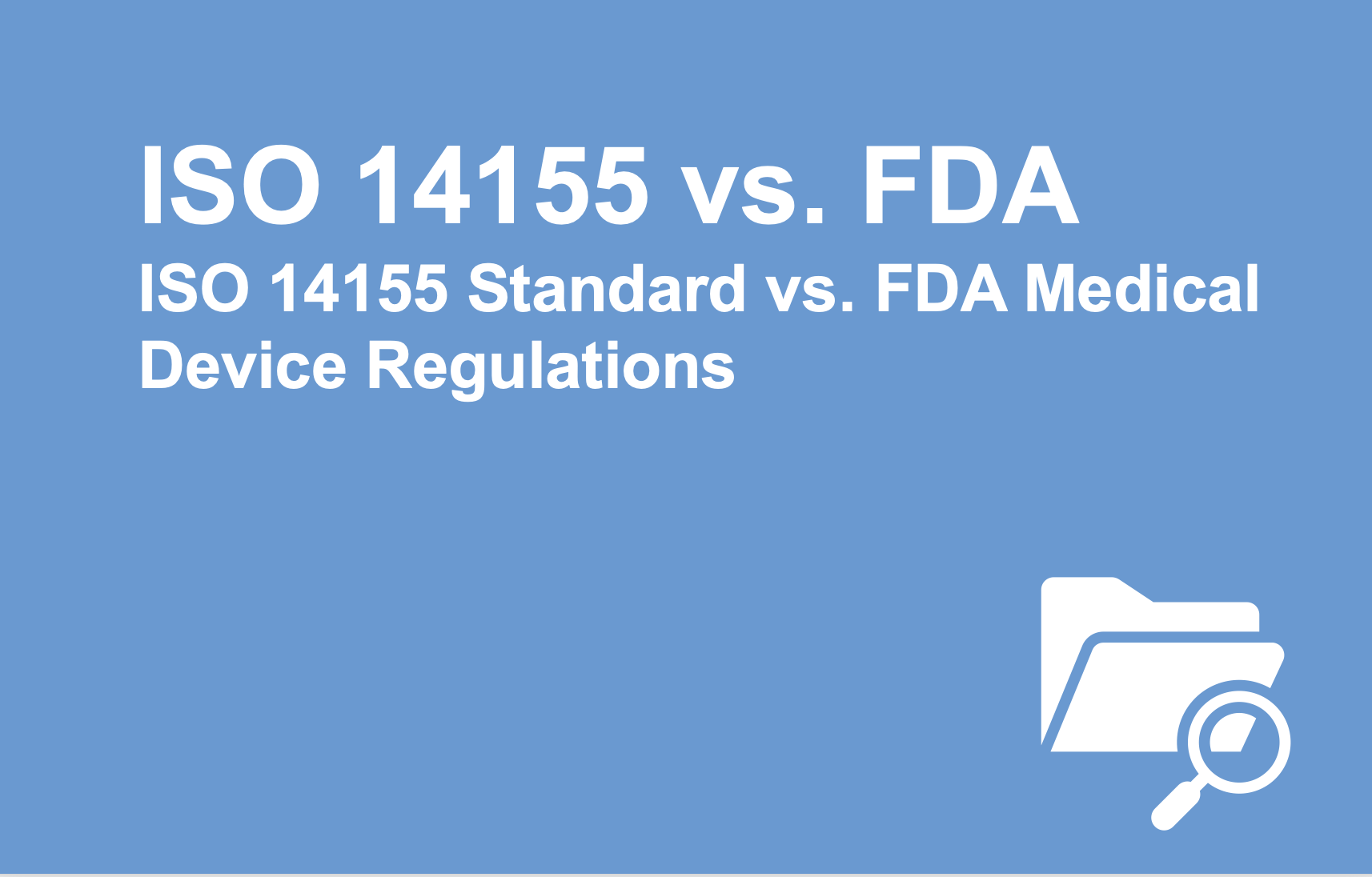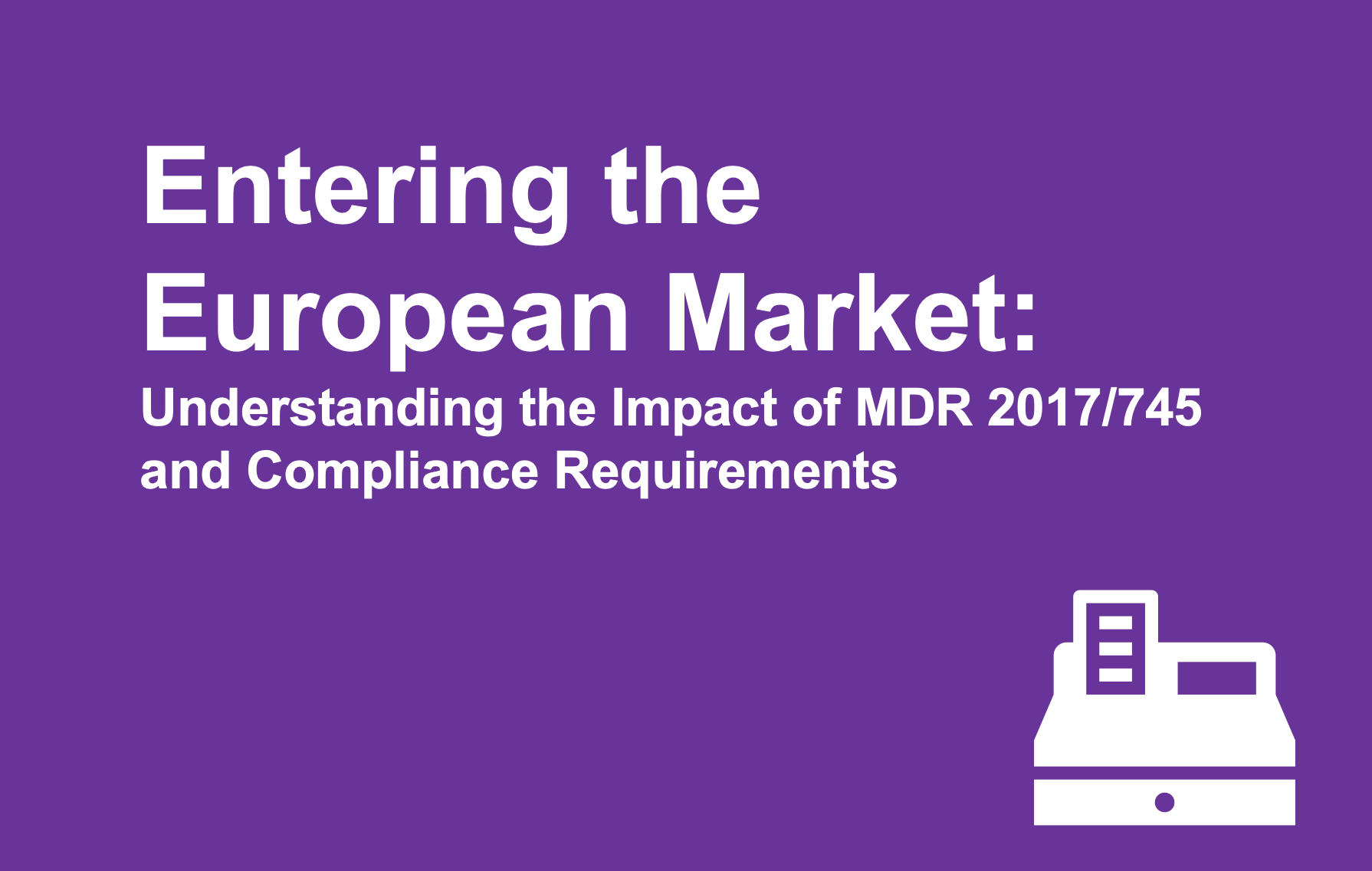Introduction
In the fast-paced and ever-evolving field of medical device development, conducting clinical studies is a crucial step toward bringing innovative products to market. To ensure the highest standards of patient safety, data integrity, and scientific rigor, adherence to internationally recognized guidelines is essential. ISO 14155:2020, the comprehensive global standard for conducting medical device clinical studies, plays a pivotal role in guiding professionals in this process.
The third edition of ISO 14155, released in 2020, is a 40-page document comprising ten clauses and ten annexes. This edition underwent a significant review, incorporating important updates that align with current regulatory requirements and industry best practices. Let’s delve deeper into the key aspects of ISO 14155:2020 and its implications for medical device clinical professionals.
Enhanced Risk Management:
One notable enhancement in ISO 14155:2020 is the explicit and thorough application of risk management principles throughout the entire clinical investigation process. By integrating risk management practices, the standard enables stakeholders to identify, evaluate, and mitigate potential risks effectively. This proactive approach promotes patient safety and ensures that study protocols are designed with risk mitigation strategies in mind.
Clinical Quality Management and Audits:
ISO 14155:2020 emphasizes the importance of implementing a robust clinical quality management system. This system ensures that the study is conducted in compliance with applicable regulations and guidelines. The standard provides guidance on conducting clinical investigation audits, allowing organizations to assess their processes and identify areas for improvement. By conducting audits, stakeholders can enhance study quality, data integrity, and overall compliance.
Ethics Committees and Informed Consent:
Ethics committees play a vital role in safeguarding the rights and welfare of study subjects. ISO 14155:2020 provides specific guidance on the responsibilities and composition of ethics committees, ensuring that they have the necessary expertise to evaluate and approve clinical investigations. Additionally, the standard emphasizes the importance of obtaining informed consent from study participants, emphasizing the need for clear communication and transparency.
Risk-Based Monitoring:
ISO 14155:2020 recognizes the value of risk-based monitoring, a dynamic approach that focuses resources on critical data and processes. By applying risk-based monitoring principles, organizations can allocate monitoring resources more efficiently, thereby improving study oversight and data quality. The standard provides guidance on developing risk-based monitoring plans tailored to the specific risks and complexity of each study.
Applicability to Clinical Development Stages:
ISO 14155:2020 offers clarity on how its requirements apply to different stages of clinical development. Whether it’s early feasibility studies or large-scale pivotal trials, the standard provides guidance on implementing good clinical practice throughout the entire study lifecycle. This comprehensive approach ensures that medical device clinical investigations adhere to the highest ethical and scientific standards, regardless of their stage of development.
Increasing Global Acceptance:
By following ISO 14155:2020, medical device clinical professionals can enhance their studies’ integrity and increase global acceptance by regulatory authorities. Compliance with internationally recognized standards demonstrates a commitment to quality, patient safety, and ethical conduct. This, in turn, facilitates regulatory approval and market access for medical devices, benefiting patients and manufacturers alike.
ISO 14155:2020 serves as an indispensable tool for professionals involved in medical device clinical studies. By adhering to the standard’s guidelines, stakeholders can foster patient safety, generate reliable clinical evidence, and navigate the complex landscape of regulatory requirements. Implementing ISO 14155:2020 promotes harmonization, standardization, and continuous improvement in the field of medical device development.
In conclusion, ISO 14155:2020 sets the stage for excellence in medical device clinical studies. By integrating risk management, emphasizing clinical quality management, and providing guidance on ethics committees, informed consent, and risk-based monitoring, the standard empowers professionals to conduct clinical investigations with integrity, confidence, and global acceptance.











